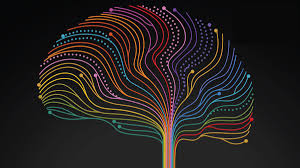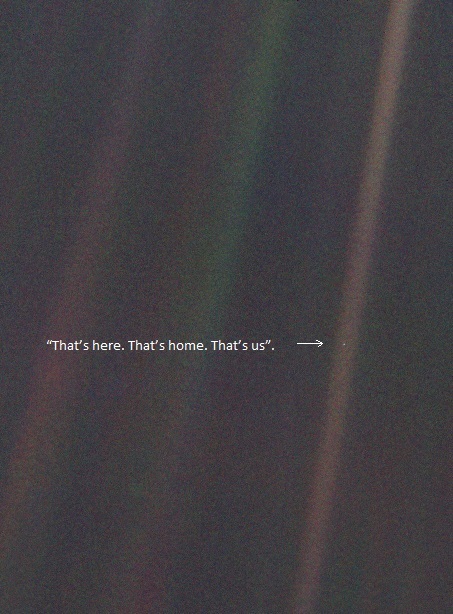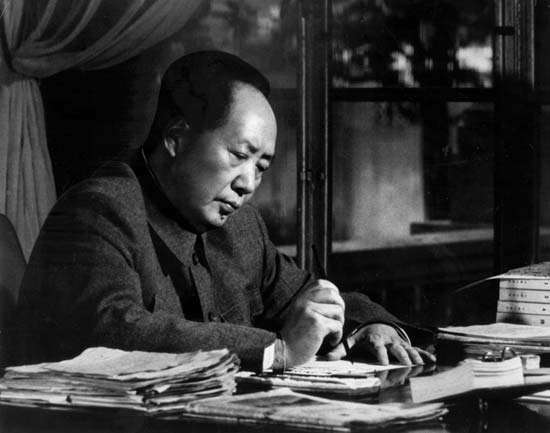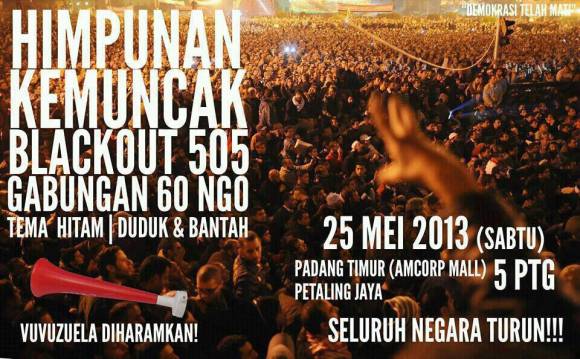
This book explored the minds of young people, how they operate and how we can harness them instead of suppressing them. Adults, Siegel observed, usually loved routine, predictable schedule, which do away with creative exploration and makes life boring, almost lifeless. This is very different from a young mind, adolescent, which always experimenting, and seek ways to do things differently. Their passion for adventure and longing for a thrill.
Siegel also discussed the differences between old and modern times. During the old days, after a child enters puberty and adolescent, they quickly married and built a new family. Modern times however prolonged the period before adolescent ends, the need to be employed before starting a new family delayed this process for a decade or more, always with no clear endpoint. This is one of the challenges facing teens on modern age, as they search for meaning in the longer period of adolescence.
Siegel explained that the mind is not static but plastic. It can be shaped and build through experience. This plasticity remained at any age, we always can have a new experience and change the type of circuit connection we had in our brain, we can train our brain to learn and master new things at any age.
One of the parts which I liked the most is when Siegel explained that sometimes our emotion exploded, we cannot control our mind, we flipped our lid. Common views are when a person burst into anger, they revealed their true self. This is simply false. This happens to all human when their brain is in chaos and rigidity, at that moment there are little they can do. The best way to deal with this kind of situation is to remove oneself from the scene when the emotion builds up, and return when rational thinking was back again.
The period of adolescence must be viewed as a period full of potentials to nurture, not just to survived. The tendency of teenagers to seek novelty and experiencing thrills must be acknowledged, nurtured, and channeled in a productive way. This will create a win-win situation for teenagers and adults. The essence of the adolescent mind, their purpose, is to solve problems in new and innovative ways. This is important for human survival, as they look at the problem at hand and applied solution suitable for their era. This, in turn, promotes sustainability. The mind of an adolescent, which always experimenting and searching for novelty, is an important piece of puzzle for human to stay adaptive on earth.
Reading the mindsight tool on taking time-in, the concept was very similar to the main thesis of Eckhart Tolle in his book ‘The power of now’ where he advised the reader to be present, to feel the present moment and train the brain to get rid of the distraction of thinking about the past or worrying about the future.
Siegel also discussed how we create attachment models during our early years with our parent. These model will be the basis of how we communicate and interact with others later on in our life. Due to this reason, we must always be mindful when nurturing our children, it is important that they feel safe and have the bravery to explore the world when they were nurtured with a solid fundamental model.
In the modern world, we are not a sole parent, we practiced ‘other parenting’. What this means is that we share child rearing with other trusted adults which may include babysitter, teachers, and others. It is very important that all these figures mold a safe attachment model for the children. Some parent does not create a secure attachment model not because they don’t love their child, they simply did not have that skill to connect with their children.
Sometimes rupture does happen in our relationship with our children and others. In an event such as this, it is important that we initiate repairs and reconnect with them. We should apologize for our contribution to the conflict.
In his last mindsight tool’s section, Siegel emphasized the importance of lifelong learning. Lifelong learning will keep us sharped and keep our brain growth. It is also a source of challenges that hinder ourselves from falling into boredom. He also touched on how schools often kill creativity by setting up a standard of what is right and wrong, often cage student into a little box which they cannot think outside of it and explore.
In his conclusion, he wrote that we need to “embrace notions of spirituality and there is a deeper meaning to life directly”. Overall it was definitely a good read especially for readers who wish to understand the human mind, its development, plasticity in the face of experience and how we can harness its potential to create a better world.
This article is a review of “Brainstorm: The power and purpose of the teenage brain” by Daniel J. Siegel, M.D. published by Jeremy P. Tarcher/Penguin, New York, 2015.
Author of several books including Berfikir Tentang Pemikiran (2018), Lalang di Lautan Ideologi (2022), Dua Sayap Ilmu (2023), Resistance Sudah Berbunga (2024), Intelektual Yang Membosankan (2024), Homo Historikus (2024), DemokRasisma (2025), dan Dari Orientalisma Hingga ke Genosida (2025). Fathi write from his home at Sungai Petani, Kedah. He like to read, write and sleep.








